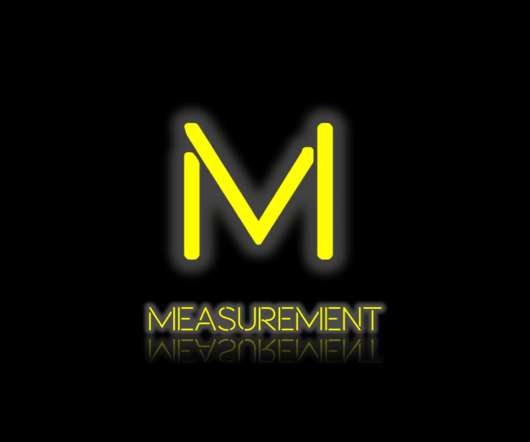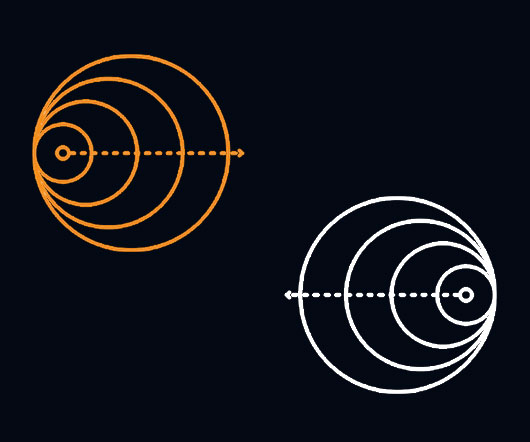The SaaS Balancing Act: Always Be Modernizing
CloudGeometry
MARCH 14, 2022
Seven out of eight can manage outages readily, and across the industry, the fight against downtime is on track. In many circumstances, this becomes a debate between product managers and developers. Call this “Platform Stability” Contrast the victory against downtime with the ability to deliver new features. (It














Let's personalize your content